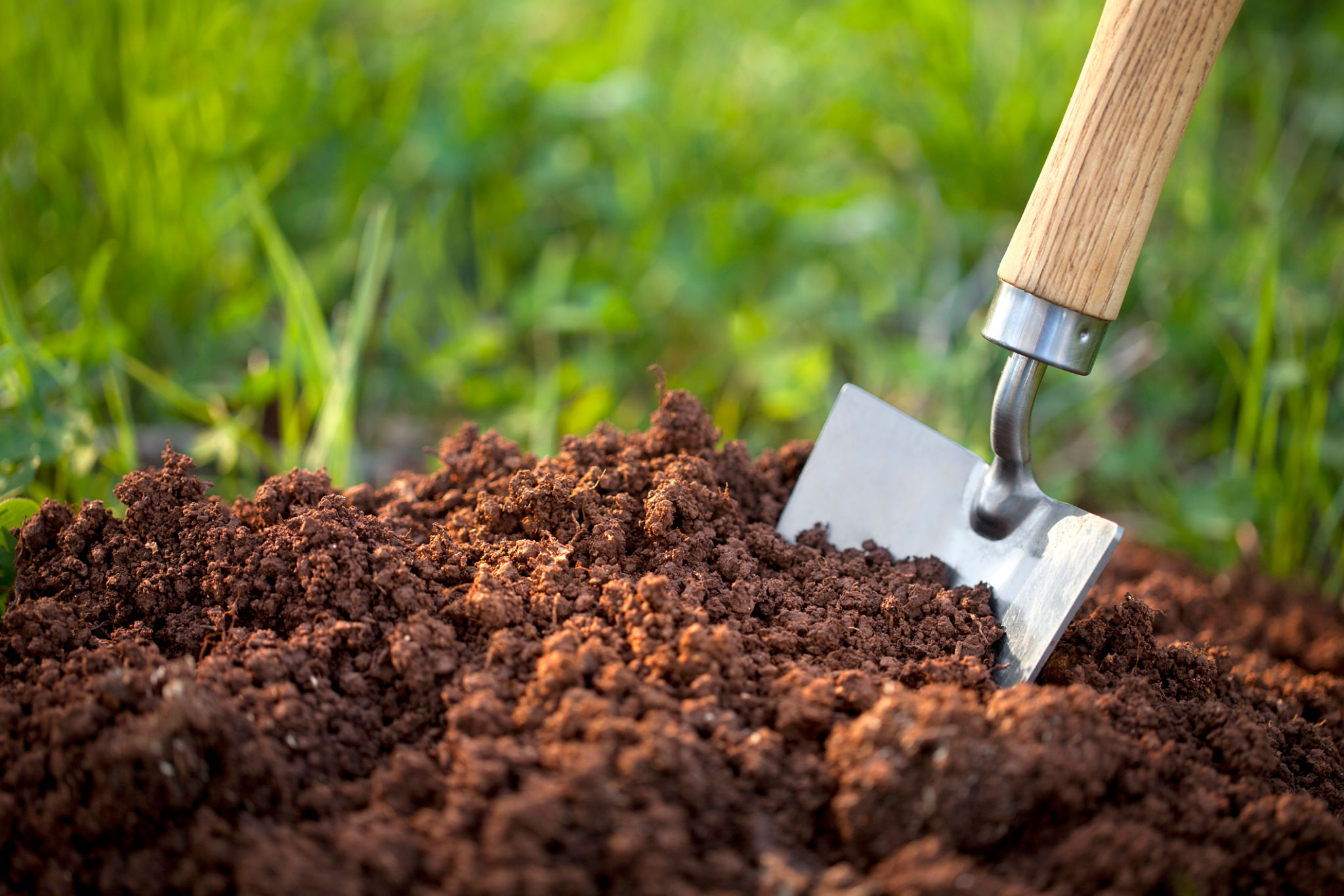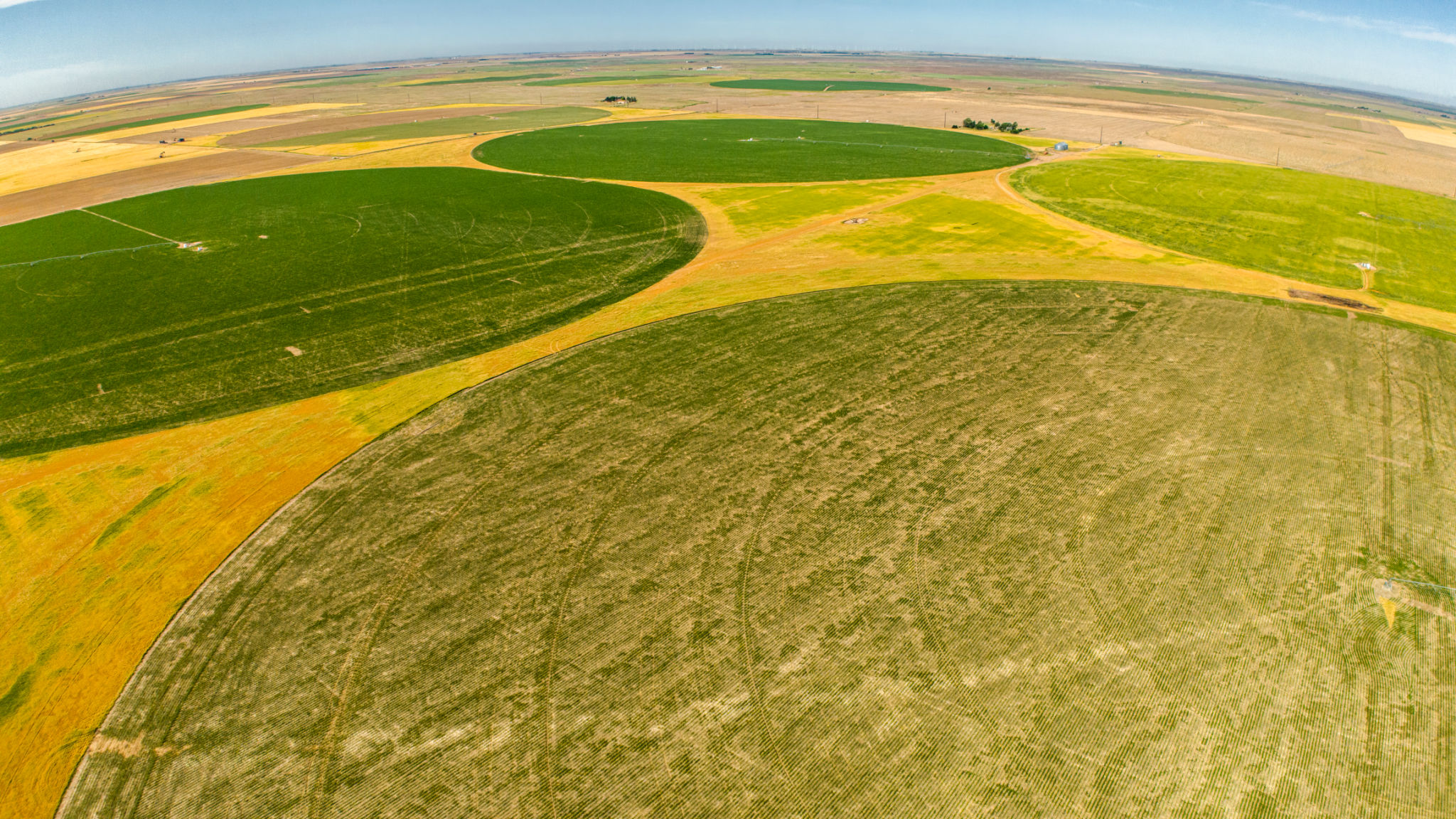Step-by-Step: Improving Soil Health in Gauteng's Climate
Gauteng's climate presents unique challenges for gardeners and farmers striving to maintain healthy soil. The combination of hot summers and dry winters can lead to soil degradation if not managed properly. However, with the right strategies, it's possible to improve soil health and boost productivity year-round.

Understanding Soil Composition
Before making any improvements, it's crucial to understand the composition of your soil. In Gauteng, soils can vary widely, from sandy to clay-heavy. Conducting a soil test can offer insights into its nutrient content, pH level, and texture. This information is vital for determining the best amendments needed for enhancement.
The results of a soil test will guide you in choosing the right fertilizers and conditioners. For instance, sandy soils in Gauteng often require organic matter to retain moisture and nutrients, while clay soils might need gypsum to improve drainage.
Incorporating Organic Matter
One of the most effective ways to improve soil health is by incorporating organic matter. This can be done through the addition of compost, well-rotted manure, or green manures. These substances enrich the soil with essential nutrients and microorganisms that improve soil structure and fertility.

Organic matter also enhances the soil's ability to retain water, which is particularly important in Gauteng's dry seasons. Regularly adding organic material will gradually transform even the poorest soils into fertile grounds.
Practicing Crop Rotation
Crop rotation is a traditional agricultural practice that helps maintain soil health. By rotating crops, you can prevent nutrient depletion, control pests, and reduce the risk of soil-borne diseases. In Gauteng, consider rotating legumes such as beans or peas with other crops, as they fix nitrogen in the soil, enriching it for subsequent plantings.
Implementing a crop rotation plan can be as simple as changing the location of your plants each season or incorporating a variety of crop families throughout the year.

Utilizing Mulching Techniques
Mulching is another powerful technique for improving soil health. It involves covering the soil with a layer of organic materials like straw, grass clippings, or wood chips. Mulch helps conserve moisture, suppress weeds, and regulate soil temperature, which is particularly beneficial during Gauteng's hot summers.
Applying mulch not only protects the soil but also gradually decomposes, adding more nutrients back into the ground. Ensure that your mulch layer is thick enough to be effective but not so thick that it prevents water from reaching the roots.
Implementing Water Management Practices
Efficient water management is critical in maintaining healthy soils in Gauteng. Techniques such as drip irrigation can deliver water directly to plant roots, minimizing waste and ensuring each plant receives adequate moisture. Moreover, implementing rainwater harvesting systems can provide an additional water source during dry periods.

Regularly monitoring and adjusting your irrigation practices according to weather conditions will help prevent both overwatering and underwatering, maintaining optimal soil health.
Conclusion
Improving soil health in Gauteng requires a combination of understanding your soil's unique needs and implementing sustainable practices like adding organic matter, practicing crop rotation, mulching, and efficient water management. These steps will not only enhance your garden or farm's productivity but also contribute to long-term environmental sustainability.
By taking deliberate actions to nurture the soil beneath our feet, we ensure a thriving ecosystem that supports both plant and human life in Gauteng.